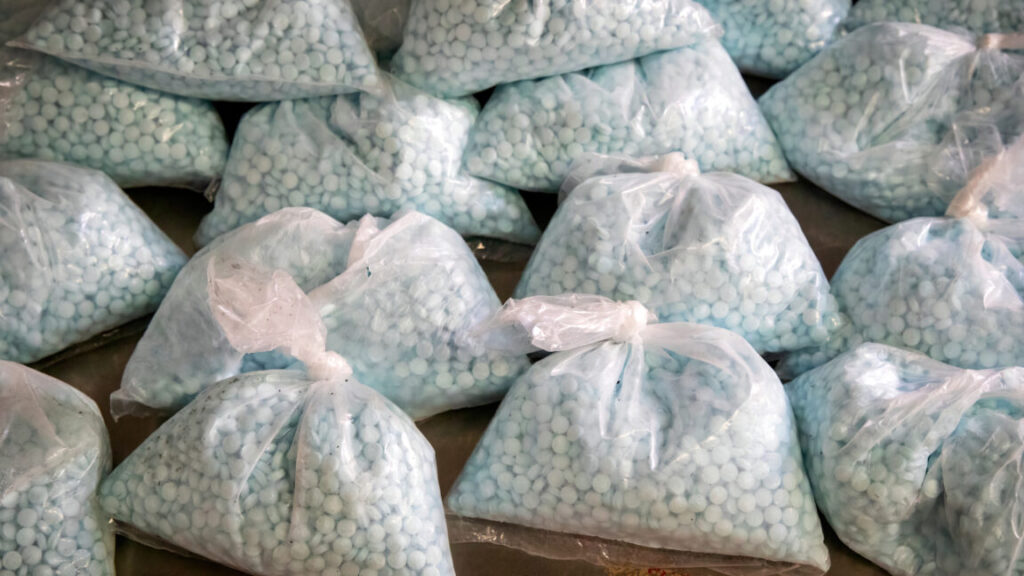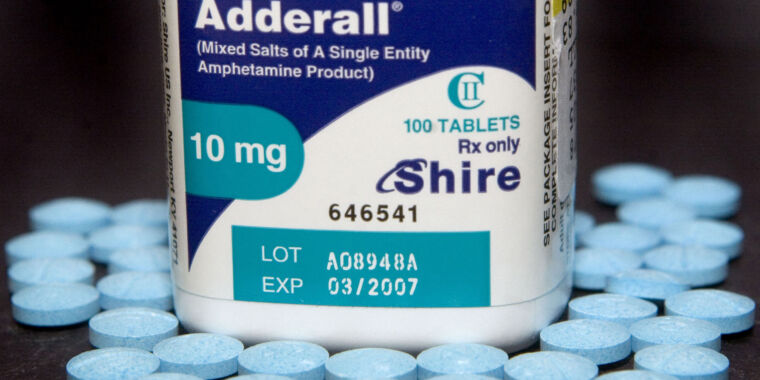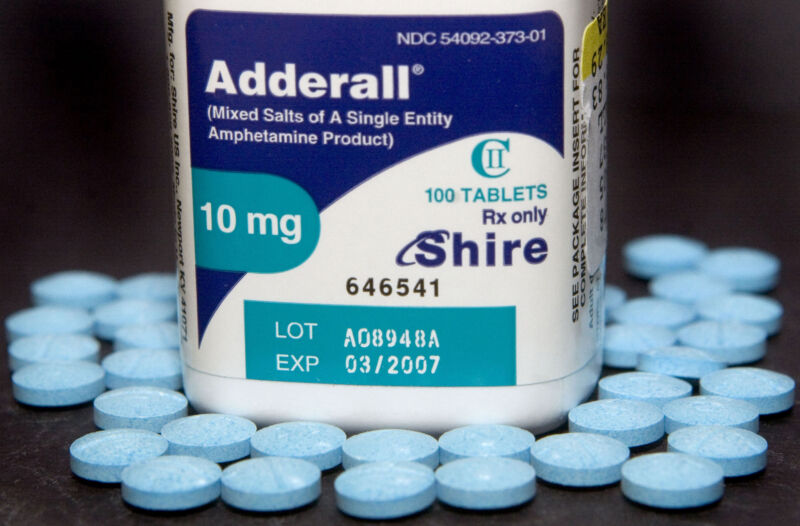Weird chemical used in plastics has erupted as latest fentanyl adulterant
Urgent questions
And it wasn’t just found in a few samples at each location—in Los Angeles, for instance, it was present in 56 percent of drug samples in September, and 32 percent in Philadelphia. It also wasn’t just found in trace amounts. In a study of 98 samples of BTMPS-tainted fentanyl, 63 percent of samples contained more BTMPS than fentanyl. Fourteen samples had BTMPS levels that were 10-times higher than the fentanyl content.
While it’s unclear why BTMPS, of all chemicals, has shown up in illicit drugs, researchers have some ideas. For one, BTMPS could simply be a cheap bulking agent that allows makers to dilute fentanyl and maximize profits. The substantial amounts of BTMPS in some samples lend weight to this hypothesis. But, another possibility is that makers are using the UV-protection feature that the light stabilizer provides to extend the shelf life of drugs.
It’s also possible it’s simply an accidental contaminant, but researchers suspect that given the rapid, widespread emergence, its addition is deliberate and likely early in the production process.
How BTMPS affects users is another big question. Animal studies suggest that BTMPS can interact with cell receptors in the heart and nervous system. This raises the possibility of cardiotoxic effects, like low blood pressure and cardiovascular collapse, as well as neurological toxicity, such as muscle weakness or dysfunction of the autonomic nervous system, which controls things like heart rate and breathing.
Anecdotal clinical reports link use of BTMPS to blurred vision, pink eye, ringing in the ears, and nausea. There are also reports of skin irritation and burning after injection, and, after smoking, throat irritation, coughing, and coughing up blood.
Researchers say clinical research on the component is now urgently needed, as well as more surveillance.
Weird chemical used in plastics has erupted as latest fentanyl adulterant Read More »



